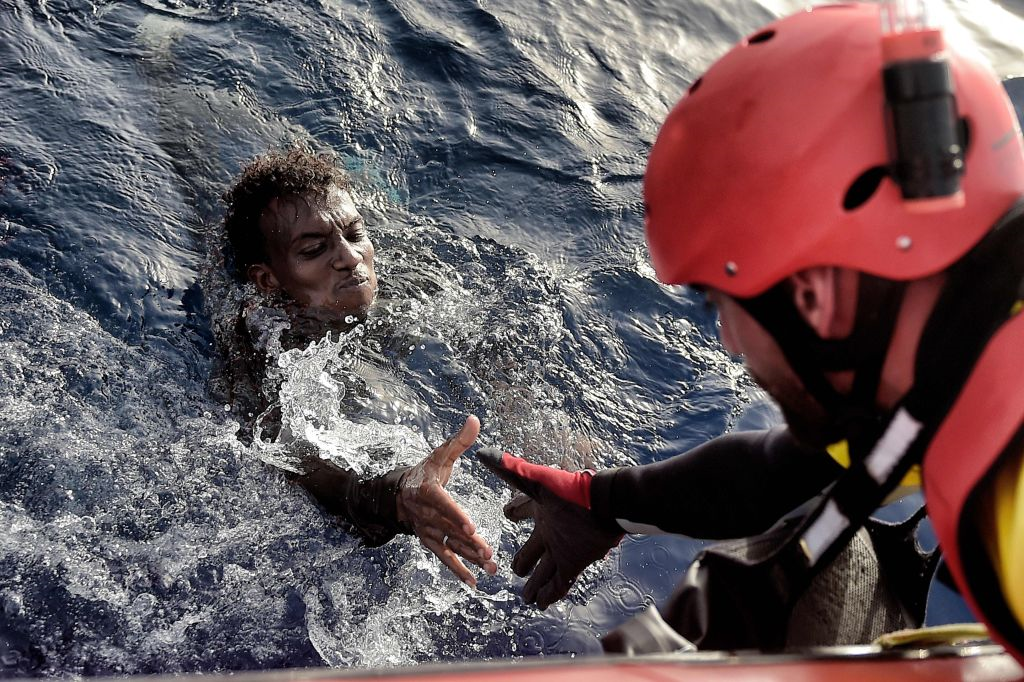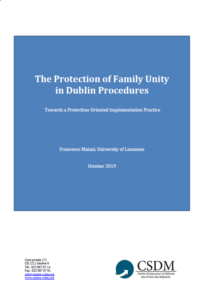
Policing the Central Mediterranean: mass drownings and systematic torture of persons of African descent : CSDM submission on racism in EU border control practices for the upcomming report of the UN High Commissioner for Human Rights on the subject of human rights violations by law enforcement agencies against Africans and persons of African descent.
European border control practices have made the Central Mediterranean the deadliest migration route in the world. Thousands of Africans drown every year because European states have decided not to put an end to preventable deaths but have instead obstructed independent NGO rescue operations. Thousands of other refugees and migrants are « pulled back » to Libya – with European assistance – where they face extreme violence including torture, rape, starvation and forced labour.
Today we have submitted information to the Office of the High Commissioner for Human Rights in view of the preparation of the report by the UN High Commissioner for Human Rights on the Promotion and protection of the human rights and fundamental freedoms of Africans and of people of African descent against excessive use of force and other human rights violations by law enforcement officers (Human Rights Council Resolution 43/1).
In our submission, we urge the High Commissioner to shed light on the illegal law enforcement practices in the Central Mediterranean and call for the establishment of international mechanisms to bring them to an end, including the creation of avenues for redress for victims.
SUPPORT US by clicking here ! Your donation, of any amount, is extremely important and helps us continue our work for migrants’ rights.

